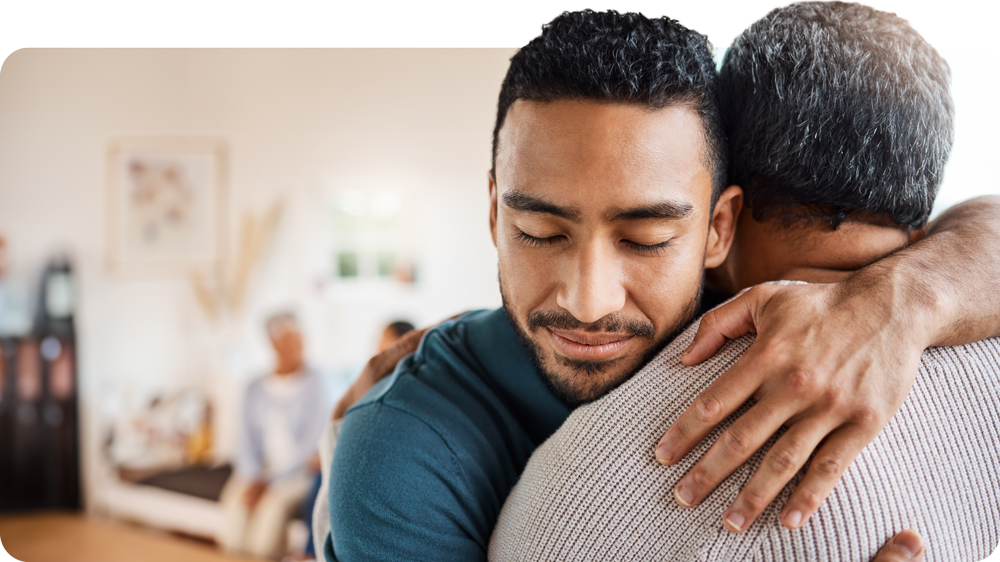About relationships
It can be tricky to tell the difference between healthy, unhealthy, and abusive relationships. Every relationship is unique so what is unhealthy in one relationship may be abusive and harmful in another.
Unhealthy relationships often involve one partner taking control or dominating the other partner in some way. This partner may use verbal or emotional abuse in an attempt to maintain power over their relationship and keep the other partner feeling powerless or helpless.
The warning signs are not always obvious to the people involved, in isolation these things may not feel like abuse. But a combination and pattern of these behaviours can be, especially if they are designed to hurt, control, or frighten.
Relationship red flags
- Do they check up on online activities, including checking a phone without permission?
- Are they extremely jealous and insecure and place the blame on their partner?
- Do they constantly belittle or put down?
- Have they stopped or discouraged someone from seeing friends and family?
- Have they physically hurt someone? Even if they apologised and said it was a “one-off” and “it won’t happen again”
- Have they ever deliberately destroyed things?
- Do they try to control what is worn by the person, where they go and what they spend money on?
- Do they deny that their behaviour is wrong? Do they play it down and act as though you are making it up or exaggerating?
Young people
Teenagers experience high levels of relationship abuse. In September 2012, it was announced that the Government’s definition of domestic violence would be widened to include those aged 16 to 17 and the wording changed to reflect coercive control.
Regardless of whether they can access adult support, evidence suggests that young people need a different response from adults. Young people experience a complex transition from childhood to adulthood, which impacts behaviour and decision-making. It may impact the way that they respond to the abuse as well as the way that they engage with services. As a result, young people who experience domestic abuse do so at a particularly vulnerable point in their lives.
Watch our “Healthy Relationship” campaign videos
It is possible to make it out of a toxic relationship and move on in life to a more positive and supportive place.
We are here to help. If you feel that any of the above sounds familiar, get in touch.
Get in touch
If you are concerned for yourself or someone else, our local, confidential helpline will advise anyone seeking help with domestic abuse. This includes relatives, friends and work colleagues as well as those who are causing harm.
Speak to us on 0800 69 49 999. Our phone line is available 8am to 8pm, 7 days a week.

